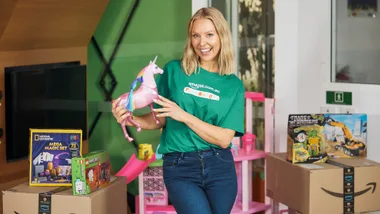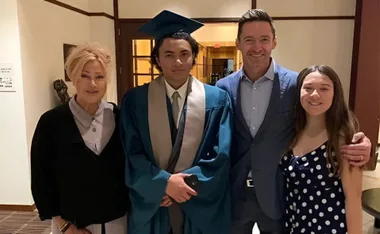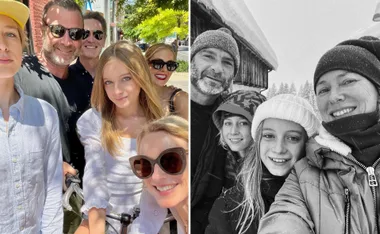When you think of nannas, knitting and bingo come to mind, but this certainly isn’t all nannas of the 21st century are doing.
Grandmother and co-author of new book New Age Nannas Susan Moore says what it means to be a grandmother in Australia is changing and women are embracing it.
“I don’t remember much about my grandparents, but they certainly didn’t drive cars,” she said.
“Nowadays nannas are very mobile and they are very active.”
Susan and her good friend of 36 years Doreen Rosenthal, both academics, decided to co-write a book about being a nanna in the 21st century after they started chatting about being grandmothers themselves.
The pair had discovered that there weren’t many books about actually being a grandmother and decided to conduct research on Australian grandmothers for their own book, which is made up of a combination of advice and real life stories.
Together, they surveyed more than 1000 Australian women on how they felt about being a grandmother, finding some surprising results and very interesting women.
“It is different for different women, but while women are retiring later and working longer their daughters are also having children later too and some of those things balance out,” Susan said.
“Lots of women think I’ll work full time until I have my first grandchild and then I’ll take a couple of days a week off – it is just about balance.
“But most are very happy to do a day or two of child care and different women at different stages of health can do different things, some were doing the school pick-up, while some do 40 hours a week child care and love it.”
Many of the grandmothers surveyed said that although they enjoyed playing the grandparent role, they also required time for themselves, their work and the things they love doing.
After receiving surveys back from more than 1000 women and interviewing 24, Susan and Doreen say there was certainly a common theme amongst Australian grandmothers.
“For many becoming a grandmother made them remember what is important in life. They said ‘I’ve been bogged down at work and I’ve been worried about a few wrinkles and now when I see these young children I am seeing hope for the future and for the new generation,” Susan said.
“Some of us have changed and we are living longer and healthier lives and a lot of grandmothers are still working at least part time.”
Their research also found that many women initially didn’t like the idea of becoming a grandmother.
“Quite a number of the woman said when ‘I first found out I was going to be a grandmother I really wasn’t sure, I thought ‘oh I’m too young to be a grandmother – I’m not ready for this’,” she said.
Susan put this reaction down to the fact that women are living longer and retiring later. But even though women’s lives and lifestyles have changed, Susan says we still welcome being a grandmother with open arms.
“Virtually without exception when it happened they were so excited and full of love and raw emotions and then paradoxically I think a number of women said ‘I thought it was going to make me feel older, but it actually has made me feel younger’,” she said.
Susan said the aim of their study was simple – to reflect Aussie grandmothers back to themselves.
“One of the major goals was to reflect Aussie grandmothers back to themselves in a way so that they could read the book and think yes that’s how I feel about it or think, no I’m not quite like that,” she said.
“We wanted to, I guess, describe Aussie grandmothers in their diversity and richness.”

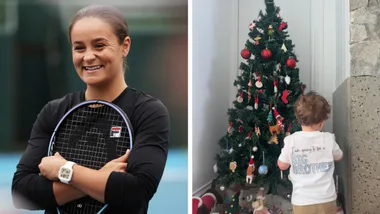


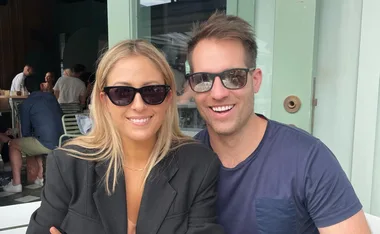
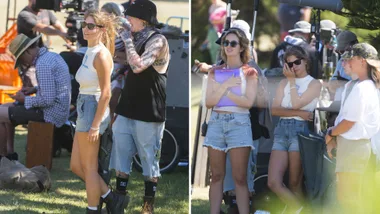

.png?resize=380%2C285)
